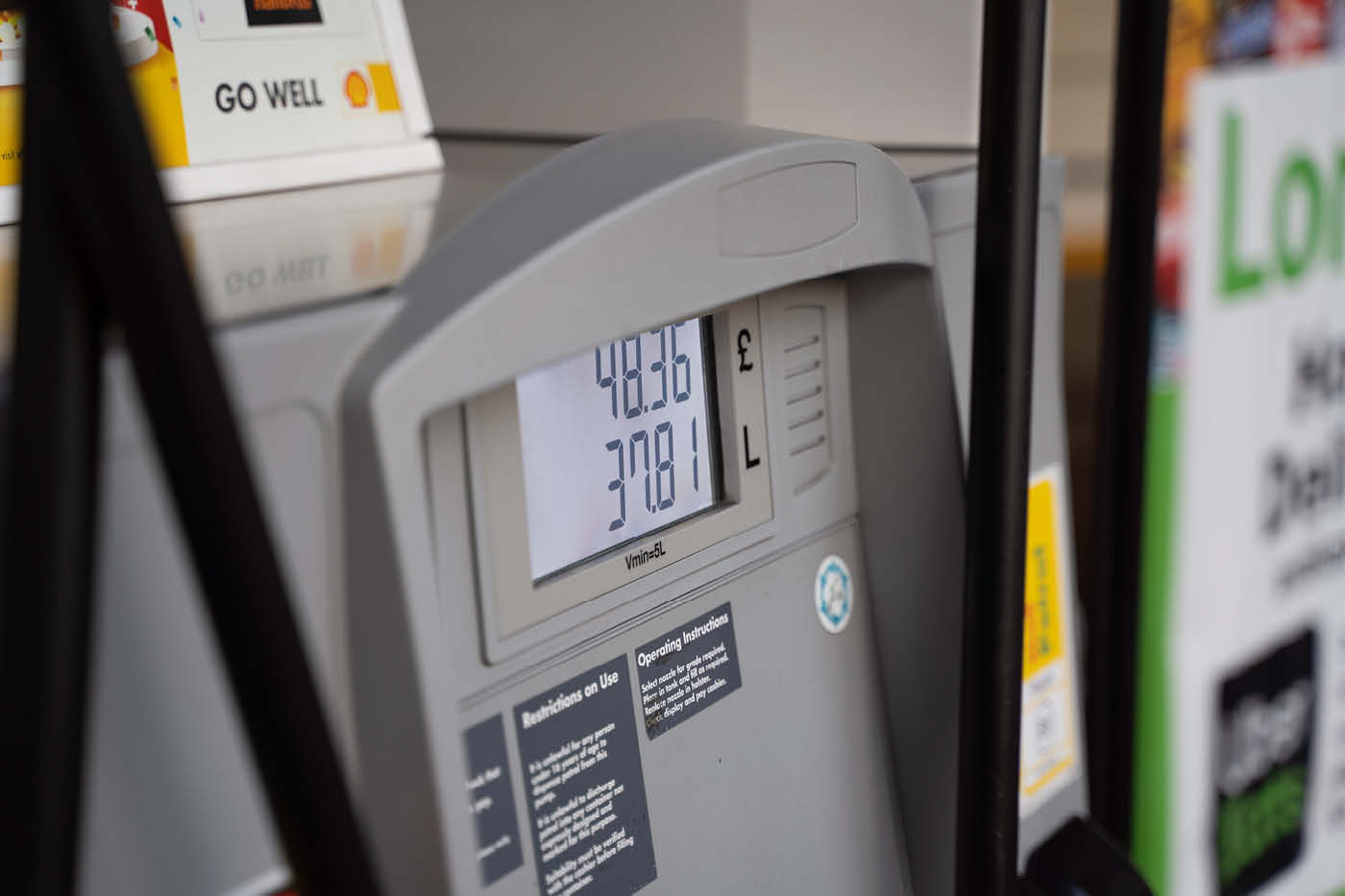LeapFrog Investments, a sustainability-focused asset manager, has announced its ambitious plan to invest USD 500 million in companies addressing climate change in Asia and Africa.
The commitment was unveiled at the Climate Finance Mobilisation Forum in the UK, where finance leaders, companies, and philanthropic bodies gathered to boost private capital flows to emerging economies.
With a primary objective of reaching up to 50 million low-income individuals, LeapFrog aims to impact the transition to a low-carbon economy substantially. The investment will be directed towards the built environment, energy, mobility, and food sectors, which are crucial for driving sustainable development.
The asset manager’s investment strategy aligns with its vision to create positive change while delivering attractive financial returns. By targeting these sectors, the company believes it can accelerate the global shift towards sustainability while simultaneously unlocking significant commercial opportunities.
According to LeapFrog’s analysis, innovative technologies such as electric scooters in India and rooftop solar in Nigeria present compelling alternatives that are 30-40% cheaper than traditional, carbon-intensive solutions. This cost-effectiveness makes these technologies not only environmentally friendly but also economically viable for low-income communities.
LeapFrog’s CEO, Andy Kuper, expressed enthusiasm about the investment initiative, highlighting its potential to uplift billions of low-income consumers worldwide. “Investing in climate solutions across emerging markets is not just the right thing to do, but also a highly compelling commercial opportunity,” Kuper stated.
The positive impact of these investments extends beyond environmental benefits. The company’s projections indicate that by 2030, the investments in the four targeted sectors could generate up to 90 million new jobs in developing countries. This job creation potential further reinforces the transformative power of sustainable investments in driving economic growth and prosperity.



